Parent & Pro Picks
Search by Topic
- Child Development and Preventative Care Resources
- Developmental Disability Resources
- Diabetes and Endocrine Resources
- Financial Support
- Financial Support Resources
- Gastrointestinal Resources
- Grief Support
- Hospice Resources
- Housing/Transportation Resources
- Informational Resources
- Legal Support
- NICU
- Neonatal and Premature Birth Resources
- Neurological Condition Resources
- Orthopedic and Mobility Impairment Resources
- Palliative Care Resources
- Pediatric Cancer
- Rare Disease Resources
- Recreation/Wish-Granting Resources
- Sibling Support
- Special Education Resources
- Transplant Patient Resources
- medical toys
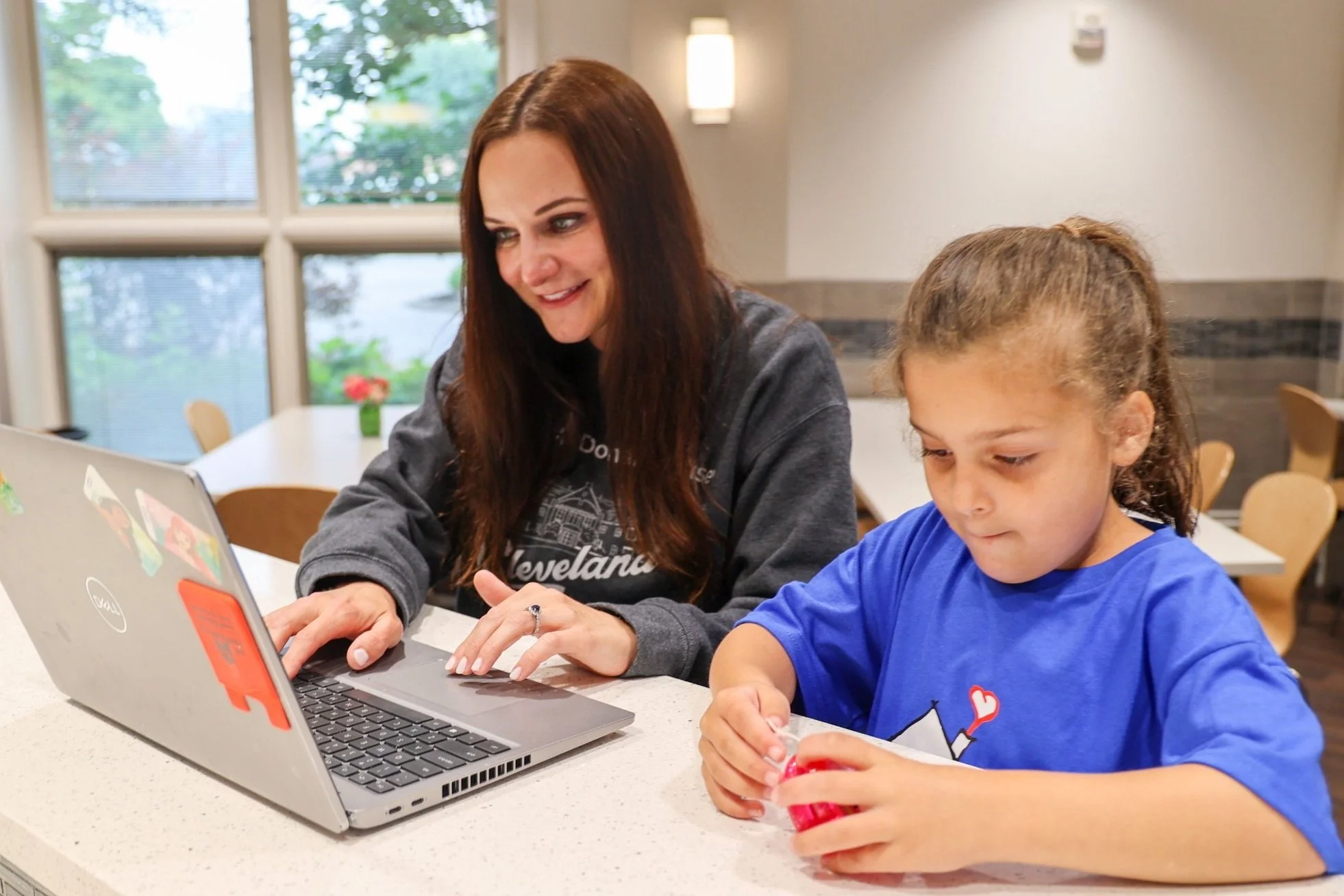
Using AI to Find Medical Information
With a computer or smart phone, you have access to a lot of information right at your finger tips. Knowing what to search, how to search, and whether or not to trust the results can be overwhelming, especially as artificial intelligence (AI) tools enter the chat. With the right approach, AI can help you stay informed, focused, and empowered following an unexpected medical diagnosis.
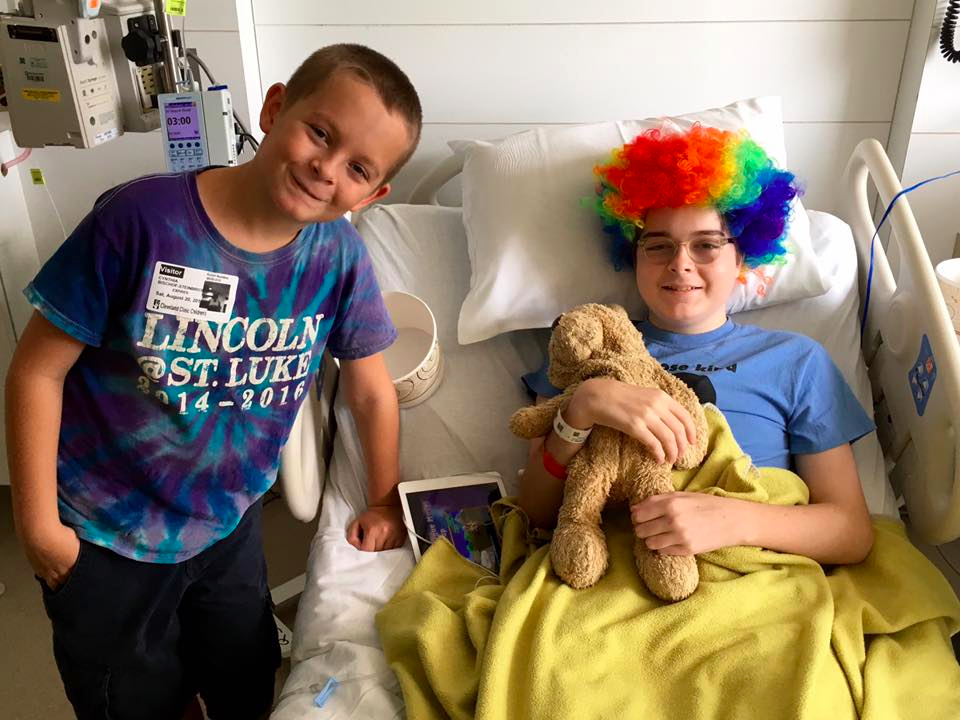
Little Gifts with Big Impact: Supporting Children through Cancer
A pediatric cancer diagnosis is the start of a huge battle for a child and their family. During tough times, simple acts of kindness can provide much-needed comfort. If you are looking for ways to bring a smile to a kid who is fighting cancer, the organizations in this guide can be a great place to start.
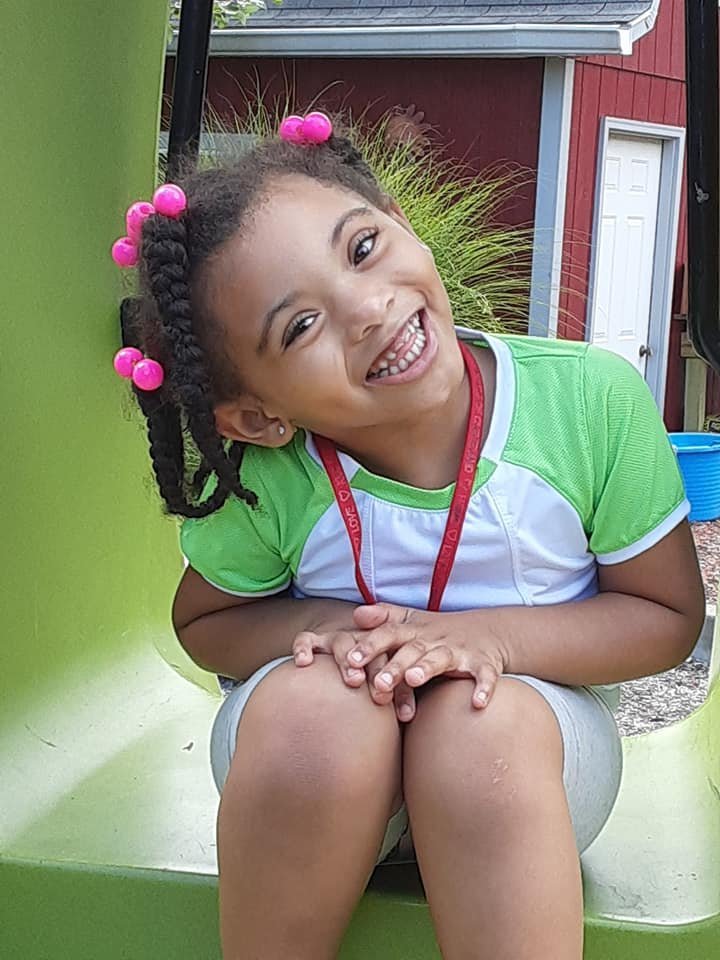
Medical Identification Accessories
A medical identification or medical alert accessory can be a life saver in an emergency. If you or a loved one has a severe allergy, medical condition, disability or special need, adding a medical identification accessory to your daily outfit can alert emergency or medical professionals before they provide care.
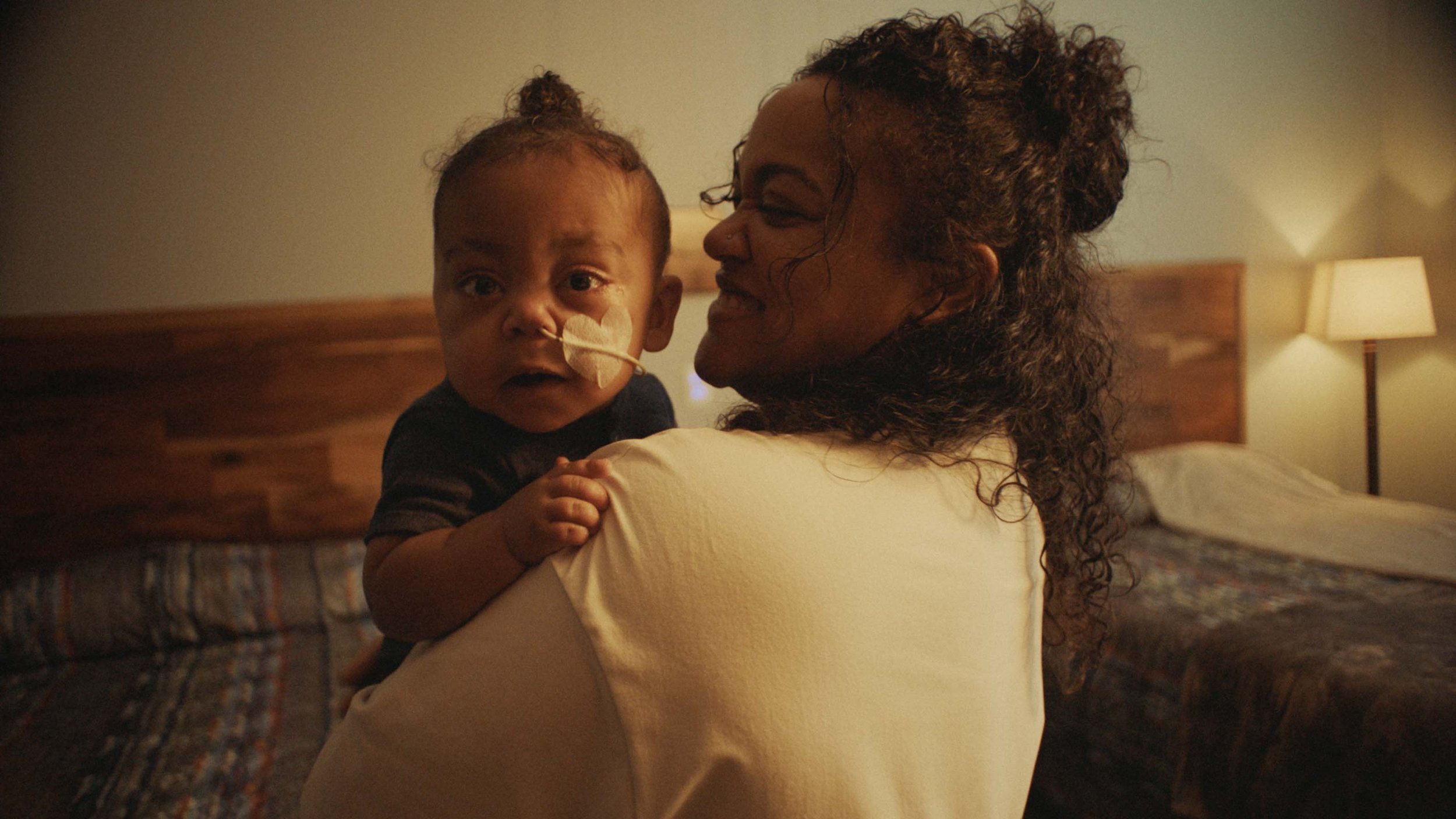
Medical Housing: Resources & Support
If your child is undergoing treatment for a serious medical condition, you and other members of your family may be eligible to stay close to the hospital or facility where your child is receiving care. The resources in this guide are a great place to start if you are preparing for a hospital stay, a long course of treatment, or if your child has an emergent medical need far from home.
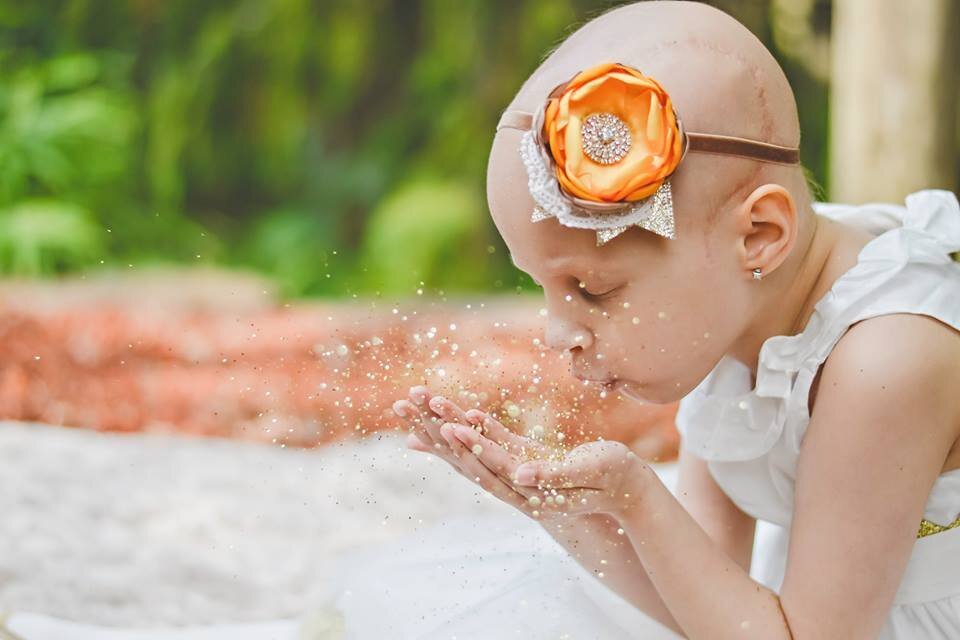
Pediatric Brain Tumors: Care, Support and Family Resources
Approximately 4,000 children in the United States will be diagnosed with a primary brain tumor this year leaving their parents, caregivers, loved ones and themselves with many questions about what comes next. In this guide you will find a variety of resources to help your family as you begin to navigate life with a pediatric brain tumor diagnosis.

Who’s Who on Your Child’s Care Team?
Keeping track of each person you meet during a hospital stay can be overwhelming. Certified Child Life Specialist (CCLS), Alyssa Friedberg shares a list of common medical and other professionals who may be on your child's care team, along with tips and resources to help your child become familiar and comfortable with the people they meet during their hospital stay.
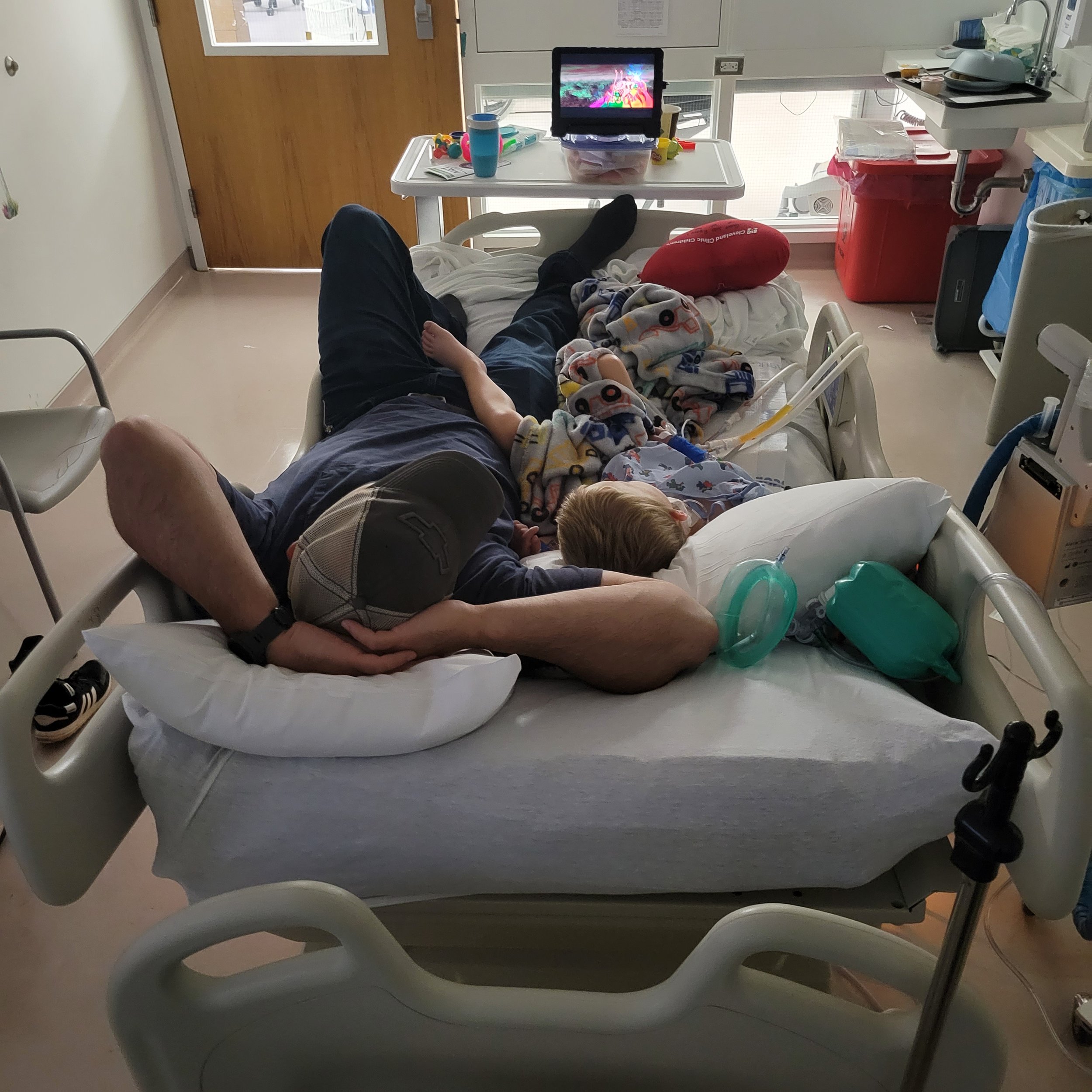
Parenting in the PICU (Pediatric Intensive Care Unit)
Kelli Argento never thought she would be a “PICU Parent,” but when her son Ryder was unexpectedly born with a congenital heart defect, that’s exactly what she became. During his young life Ryder has had multiple heart surgeries that have required him to spend more than 100 days recovering in a Pediatric Intensive Care Unit (PICU). Kelli shares her wisdom, tips, and resources for parents who may be facing a long hospital stay with a critically ill child.

Traveling with Children who have Special Needs and Medical Challenges
Children with disabilities and medical challenges often require carefully coordinated, specialized care. This can make traveling away from home complicated, but not impossible with proper planning and resources. In this guide you’ll find resources that may help make traveling less challenging if your child has special needs or a medical condition to consider. This guide and the resources listed are not meant to replace consultation with medical professionals, or to diagnose a medical condition. Please reach out to a professional for advice and assistance.
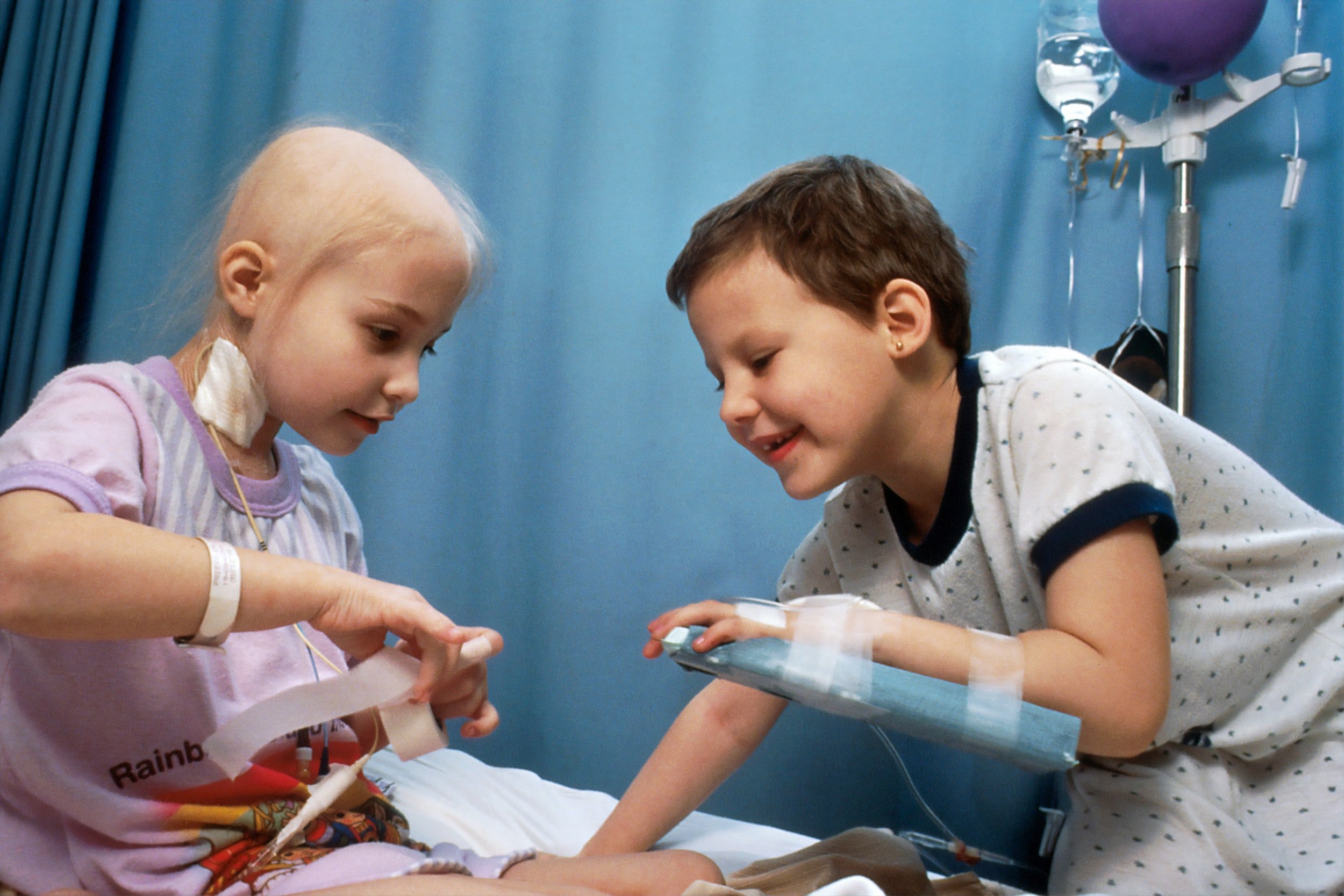
Pediatric Palliative Care: What is it and Who Needs it?
Having a child with a serious illness is difficult for the entire family. Treatments that may be necessary to save or extend a child’s life can sometimes take as much of a toll on them as the illness itself. If your child has a serious illness, palliative care may be available and beneficial while they are being treated for their medical condition. Often confused or equated with hospice care (which is provided when a person is considered to be at the end of their life), palliative care can be added to a treatment plan at any time following the diagnosis of a serious illness. This guide explores the differences between palliative and hospice care, and share resources that may help you determine whether or not a palliative care program could benefit your child’s health and well-being.
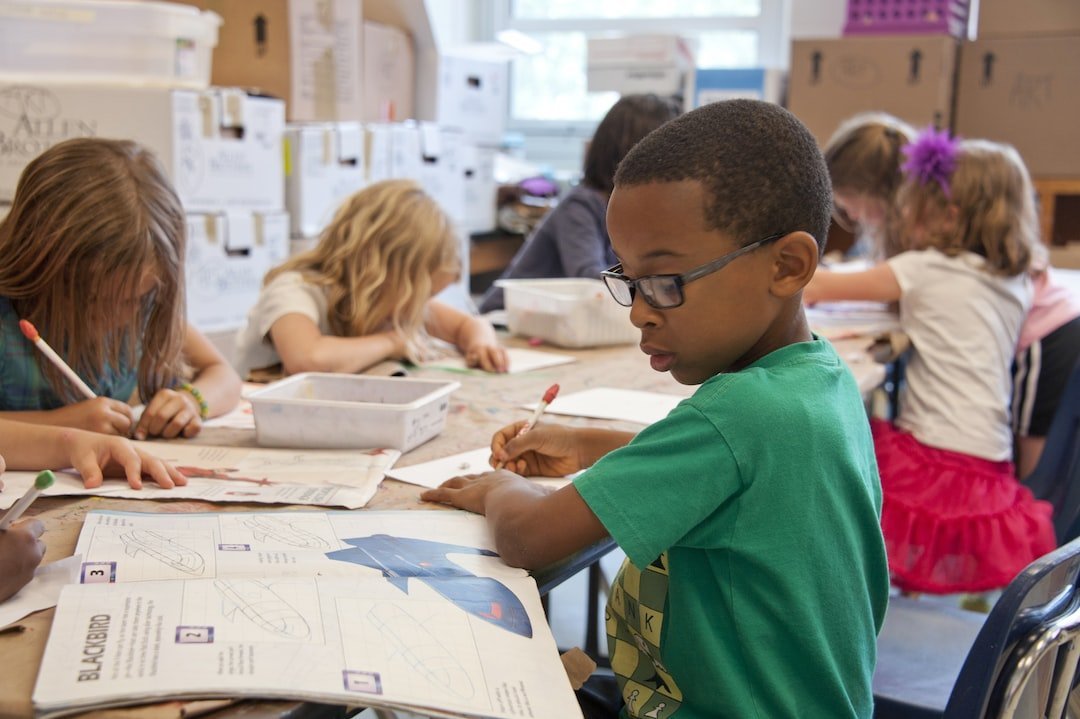
Seizure Safety Resources
If your child has a condition that makes them more likely to experience seizures, it is important to be prepared in the event that a seizure occurs. Witnessing a seizure, especially in a child, can be a frightening event. Your reaction and response can help keep the child safe and comfortable until the seizure has ended, or is controlled by medical intervention. In this guide you will find resources designed to help keep a child in your care safe during a seizure.
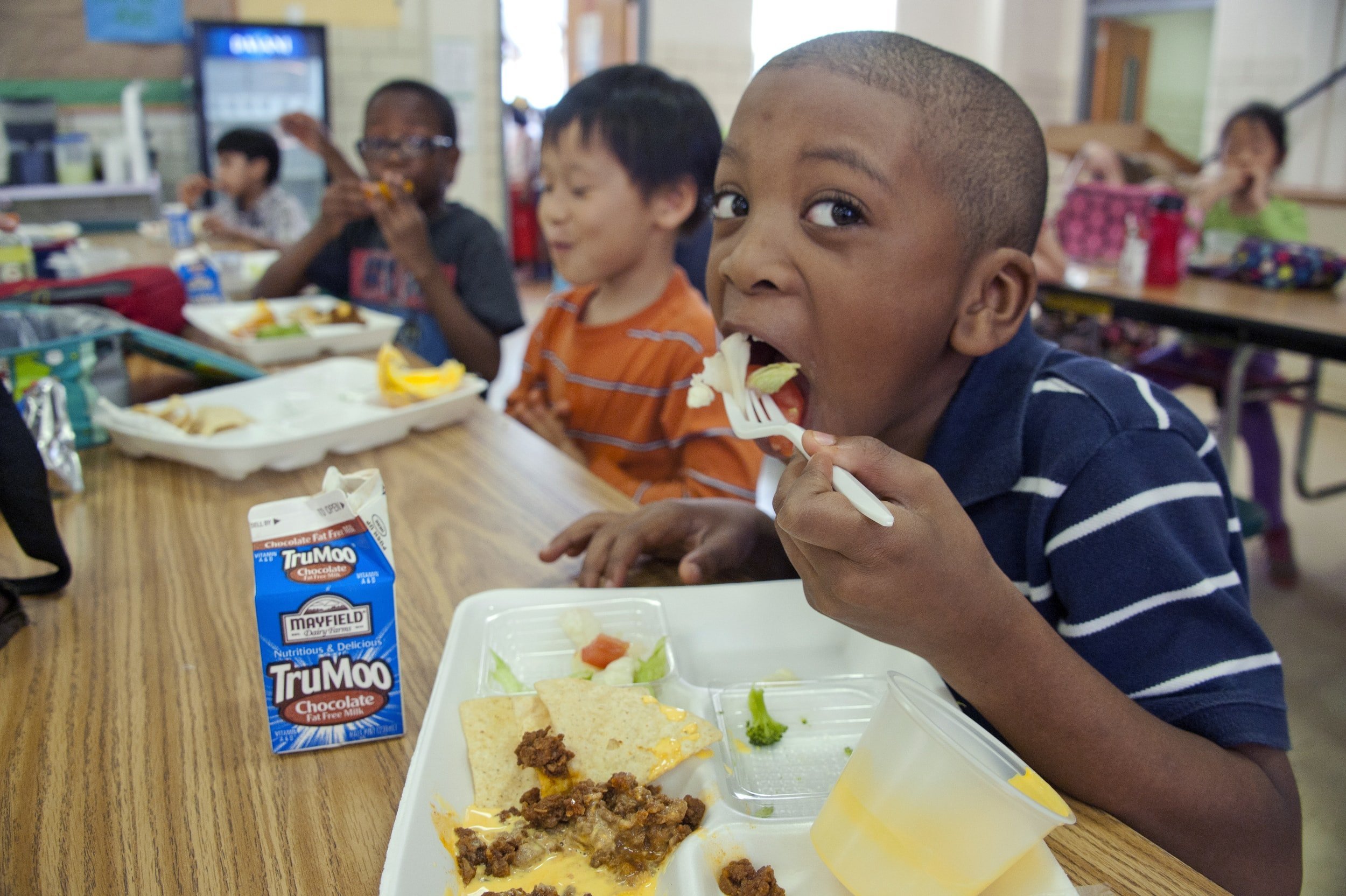
Caring for Children with Severe Food Allergies
Managing the needs of a child with a food allergy can be a complicated task. Since some allergic reactions can be severe and even life-threatening, it’s important to be prepared and proactive as a caregiver for a child with a food allergy. In this guide you’ll find resources related to the identification, prevention, and treatment of allergic reactions to food. The resources in this guide are not a replacement for medical consultation or care. Please consult your child’s pediatrician if you have concerns about food allergies and how to treat an allergic reaction.

Finding Your Support Community
A new medical diagnosis often comes with more questions than answers, as well as a flood of emotions. As a caregiver to a child who has special needs or a complex medical condition, it can be helpful to find a community of supportive people who understand the challenges you have faced or will face while caring for your child. With the rise of social media and other web-based resources, information has never been easier to find and making contact with others is a breeze. But how can you be sure that you can trust the information or people with whom you are connecting? In this guide we will share some tips on how to find information and a community of support when your child is diagnosed with a disabling medical condition.
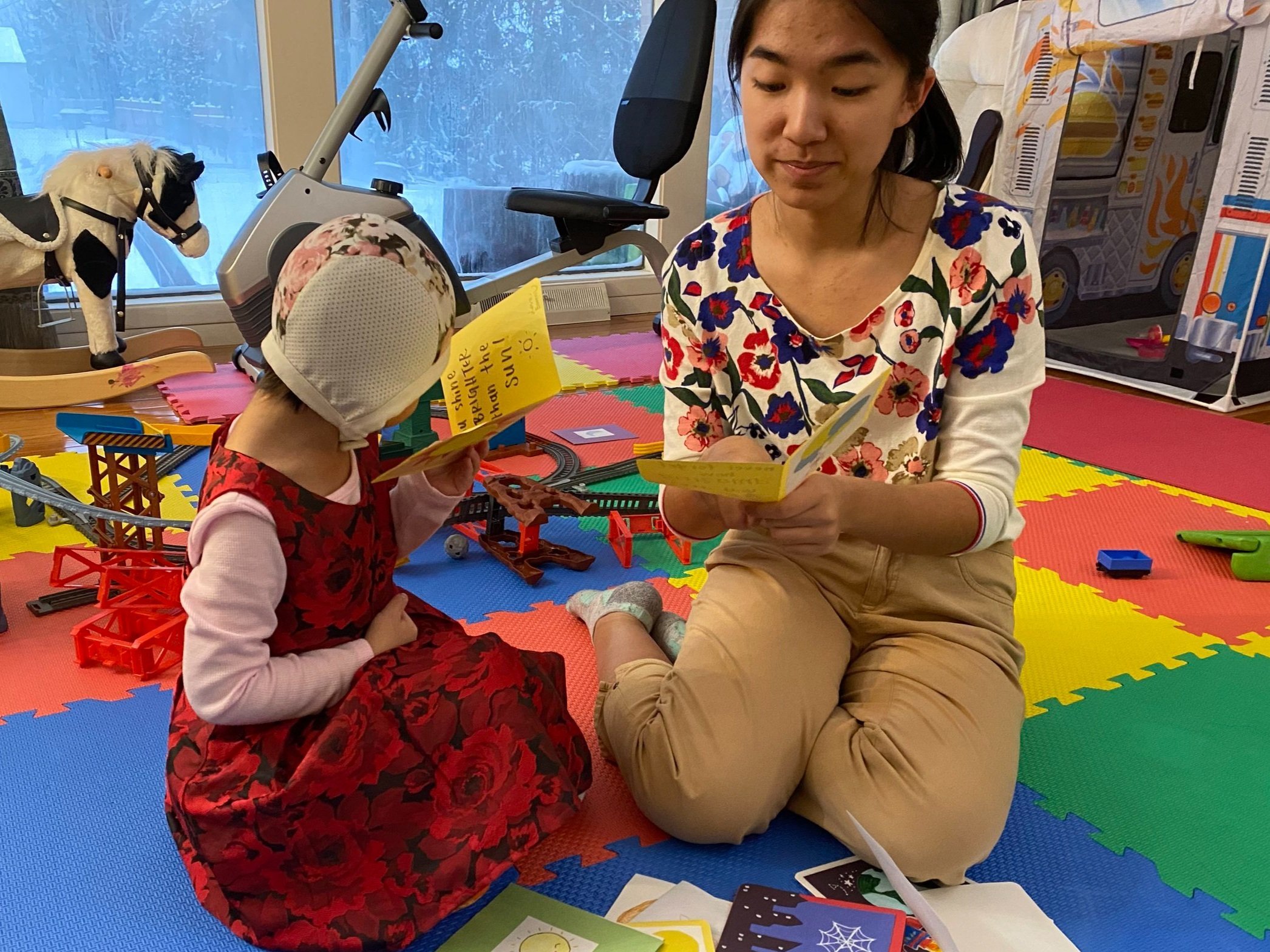
Support for Siblings
A serious medical diagnosis in childhood can result in a lot of lifestyle changes for the child and their family. Appointments with specialists, modifications to the home or the daily routine, and new accommodations for a child who has special needs can be expected. If there are other children in the home it is not uncommon for these new found needs to impact and disrupt the life experiences of these kids as well. In this guide you will find resources designed to help siblings of children with medical and other special needs understand and cope with their new-found circumstances.

Wish-Granting Experiences & Gifts
Wish-granting foundations help families lighten their load, granting wishes ranging from a trip to Disneyland to a new computer to a chance to throw the first pitch at a major league game. If your child has a serious illness, disability or medical condition they may be eligible to receive a gift or have a wish granted through one of the organizations listed in this resource guide.
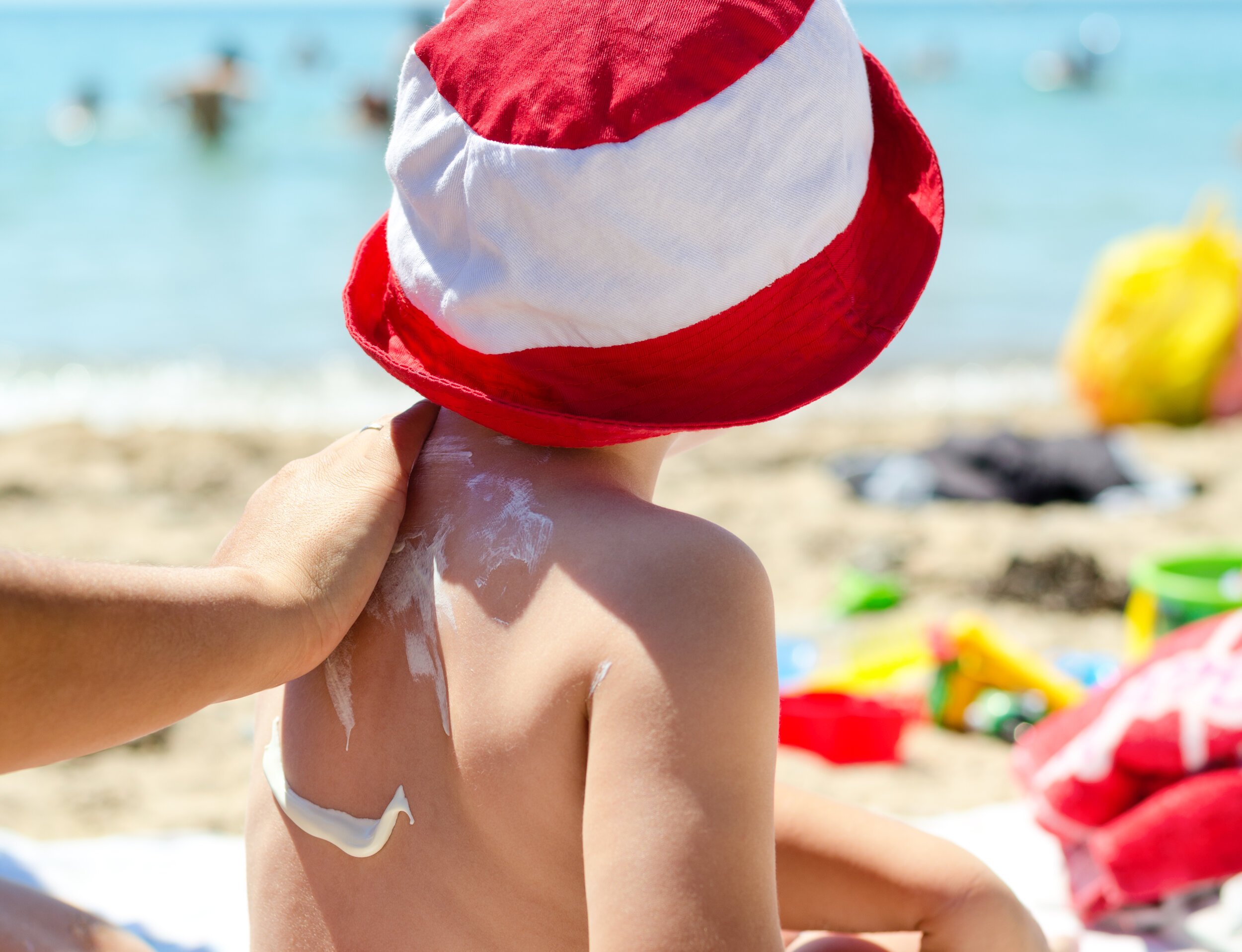
UV Safety: Protect Yourself & Your Family
Ultraviolet (UV) light from sun exposure can be harmful. In this guide you’ll find suggestions of ways to keep yourself and your family safe from UV light and exposure., as well as skin change and melanoma screening guidance for you and your children.
